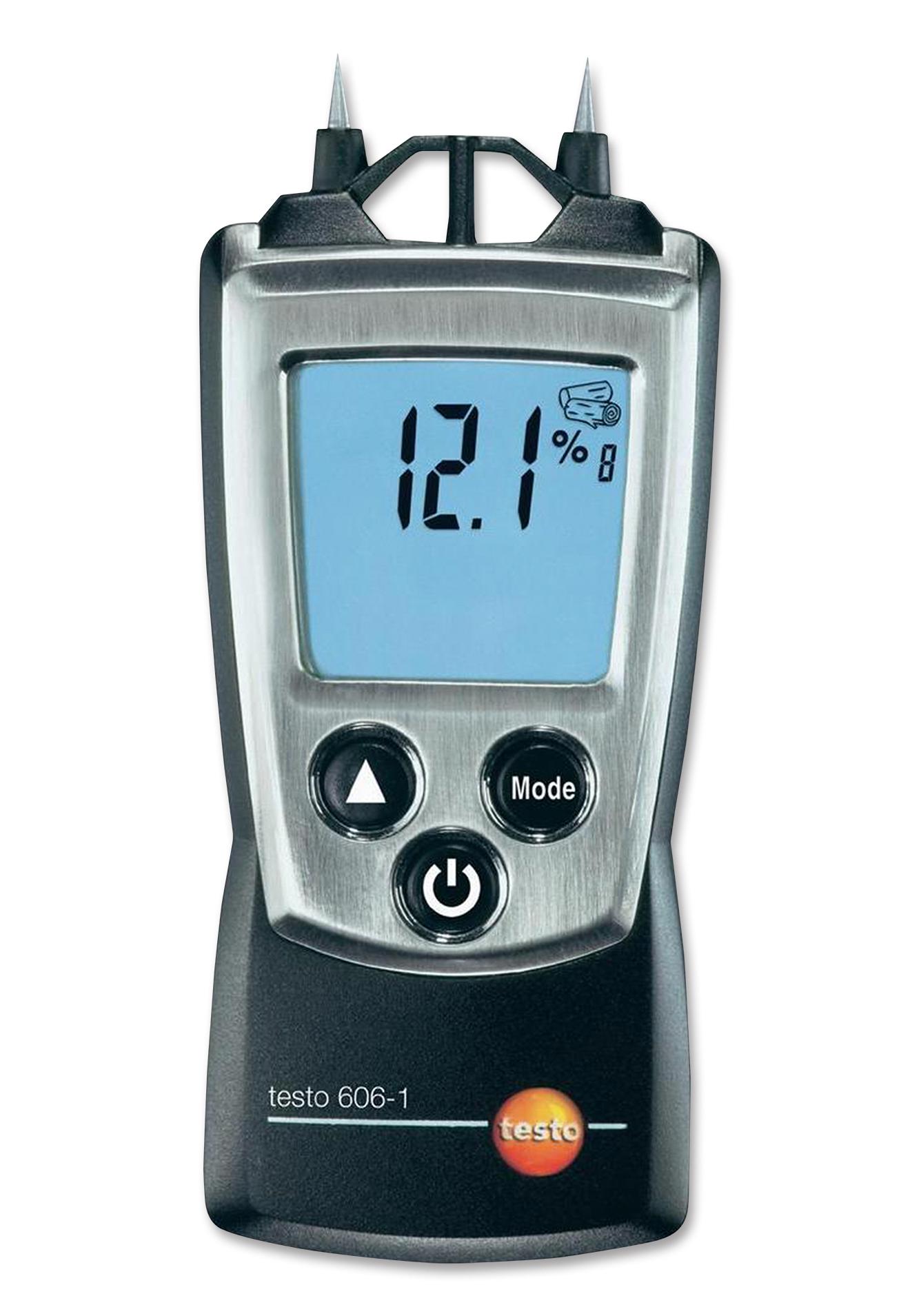The Ultimate Overview to Moisture Meters: A Comprehensive Review and Just How They Can Conserve You Money
In the realm of structure maintenance, building and construction, and different sectors, the significance of accurately measuring dampness levels can not be overemphasized. Moisture meters work as vital devices in discovering and checking moisture content in products, helping in avoiding expensive problems and ensuring the quality of items. Comprehending the subtleties of different kinds of wetness meters, their applications, and the possible cost-saving advantages they offer can be a game-changer for businesses and experts alike. Uncovering how these gadgets can not only simplify procedures yet additionally add to financial cost savings is a journey worth beginning on.
Sorts Of Moisture Meters
Various kinds of dampness meters are available for various applications in numerous industries. One common type is the pin-type moisture meter, which measures the electrical resistance between 2 pins put into a material. This type appropriates for wood, drywall, and other structure products. Pinless dampness meters, on the various other hand, use electro-magnetic sensing unit plates to check a larger area without creating damage to the product's surface area. These meters are perfect for quickly evaluating moisture levels in huge areas such as wall surfaces and floorings.
Moreover, there are likewise specialty dampness meters developed for certain products like grain, hay, or soil. These meters provide precise wetness readings tailored to the distinct residential properties of the material being examined. Infrared dampness meters gauge the thermal homes of a material to establish its wetness content non-invasively, making them useful for applications where pin or pinless meters might not be suitable. Understanding the different kinds of moisture meters readily available can assist industries choose the most appropriate device for their details wetness measurement demands.

Advantages of Making Use Of Moisture Meters

Additionally, using wetness meters can lead to enhanced power performance. In farming setups, moisture meters play a vital duty in maximizing crop yields by allowing farmers to monitor soil dampness levels and make educated irrigation choices.
Exactly How to Choose the Right Moisture Meter
Choosing the suitable wetness meter includes considering crucial factors such as material compatibility, dimension variety, and calibration accuracy. When selecting a dampness meter, it's vital to make certain that the meter appropriates for the certain product you will be testing. Various materials have differing electric homes that can affect wetness readings, so selecting a meter developed for your product is crucial for accurate outcomes. Furthermore, think about the measurement series of the wetness meter. Make sure that the meter can find dampness degrees within the range needed for your applications. Calibration accuracy is an additional important aspect to bear in mind (Moisture Meter). Select a wetness meter with reliable calibration to guarantee exact and consistent analyses. Some meters may call for periodic calibration adjustments, so comprehending the calibration process is necessary. By very carefully assessing these aspects, you can choose a moisture meter that fulfills your demands and gives precise wetness dimensions for your projects.
Appropriate Strategies for Moisture Meter Usage
To make certain exact dampness readings and optimize the effectiveness of a moisture meter, utilizing proper methods is essential. When using a pin-type wetness meter, place the pins or probes into the material being examined up until they make complete get in touch with. By following these appropriate strategies, customers can depend on their dampness meter to give trustworthy wetness levels, helping in avoiding expensive damage or ensuring top quality in various applications.

Price Financial Savings With Moisture Meter Applications
How can the critical application of wetness meters cause substantial price financial savings across numerous markets? Moisture meters play an important duty in cost savings by preventing possible damage and guaranteeing quality control in various markets. In the farming industry, wetness meters help in establishing the optimal time for gathering plants, protecting against over-drying or excess wetness that can affect the final product's top quality. This precise monitoring assists farmers avoid unnecessary losses and maximize their yield.

Moreover, in the food handling sector, moisture meters description are vital for keeping track of item high quality and making sure compliance with safety laws. By precisely measuring moisture web content in food, producers can stop putridity, preserve quality, and minimize waste, leading to significant price savings. Overall, the strategic application of moisture meters is a valuable financial investment that can result in significant price reductions and enhanced effectiveness across numerous sectors.
Final Thought
In verdict, moisture meters are useful devices for gauging and identifying wetness levels in numerous products. By making use of the best dampness meter and complying with correct methods, individuals can effectively protect against expensive damages brought on by excess wetness. Purchasing a quality moisture meter can cause substantial cost savings in the long run by recognizing potential concerns at an early stage and allowing prompt remediation. Eventually, dampness meters are important instruments for maintaining the honesty and durability official site of products and frameworks.
Wetness meters serve as important devices in detecting and monitoring moisture content in materials, aiding in stopping pricey damages and guaranteeing the high quality of products. Infrared wetness meters measure the thermal properties of a product to identify its moisture content non-invasively, making them helpful for applications where pin or pinless meters may not be appropriate.Wetness meters supply important advantages in properly keeping an eye on and examining dampness levels in varied products and atmospheres. In farming setups, dampness meters play a critical function in optimizing crop returns by home enabling farmers to monitor dirt wetness degrees and make educated watering decisions.In final thought, moisture meters are important tools for gauging and detecting moisture degrees in various materials.
 Jaleel White Then & Now!
Jaleel White Then & Now! Taran Noah Smith Then & Now!
Taran Noah Smith Then & Now! Marla Sokoloff Then & Now!
Marla Sokoloff Then & Now! Freddie Prinze Jr. Then & Now!
Freddie Prinze Jr. Then & Now! Robbie Rist Then & Now!
Robbie Rist Then & Now!